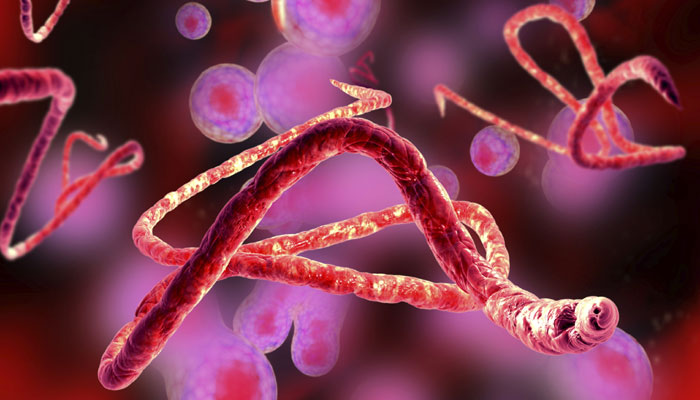Washington: Majority of the people who survive Ebola virus disease are at risk of long-term health problems, say researchers.
According to a new study, most Ebola survivors were found to be suffering from neurological issues six months after infection.
Researchers examined 82 Ebola survivors in Liberia and found that most of them continued to have severe neurological problems, including headaches, memory loss, depressed moods and muscle pain.
The study, by the US National Institute of Neurological Disorders and Stroke in Bethesda, however, found that patients were ‘suicidal’ or having ‘hallucinations’ in rare cases.
About two thirds of the survivors, which had an average age of 35, had body weakness, while half of the patients suffered headaches and memory loss. Two people were suicidal and one suffered hallucinations.
“While an end to the outbreak has been declared, these survivors are still struggling with long-term problems,” said Lauren Bowen, the study’s author.
“It is important for us to know how this virus may continue to affect the brain long term,” Bowen added.
More than 28,600 people were infected with Ebola in West Africa during the outbreak, out of which 11,300 succumbed to the disease.
Researchers said they hope to find out more about possible continued long-term brain health problems for the more than 17,000 Ebola survivor.
The study will be presented to the American Academy of Neurology annual meeting in Vancouver in April.




 Driving Naari Programme launched in Chandigarh
Driving Naari Programme launched in Chandigarh































